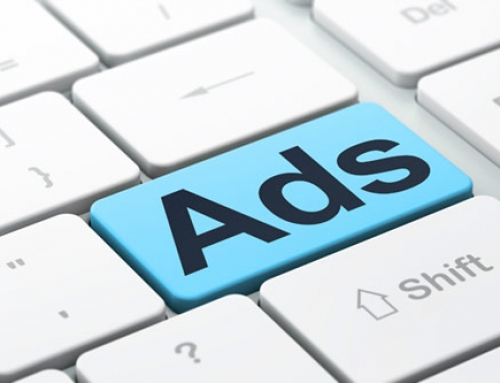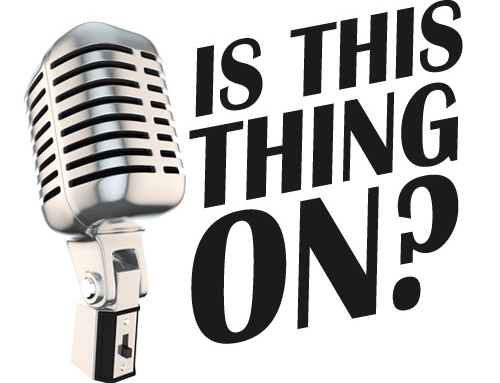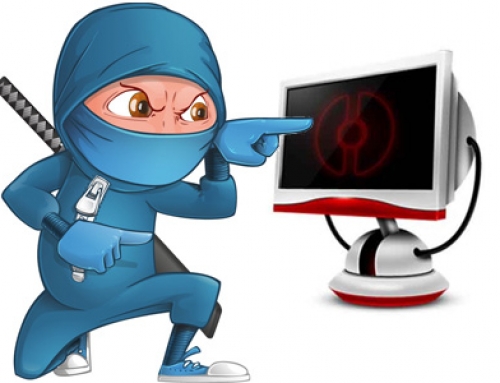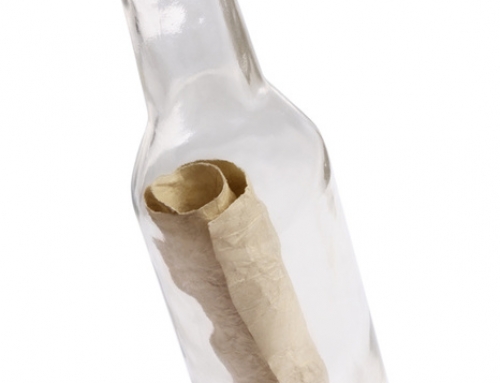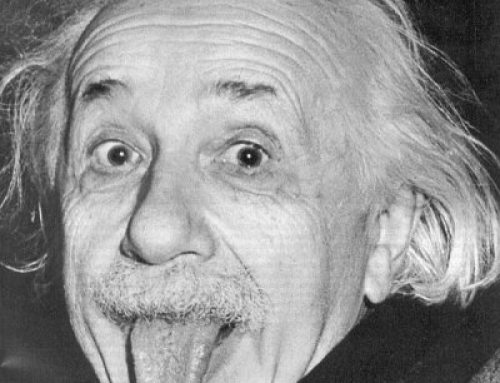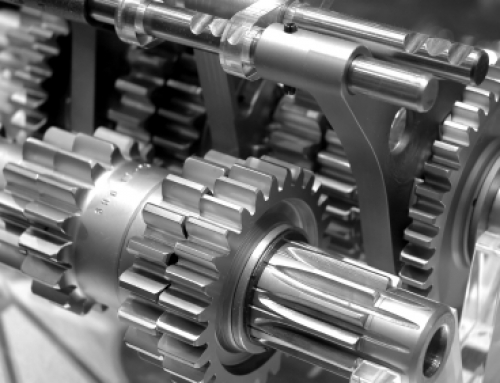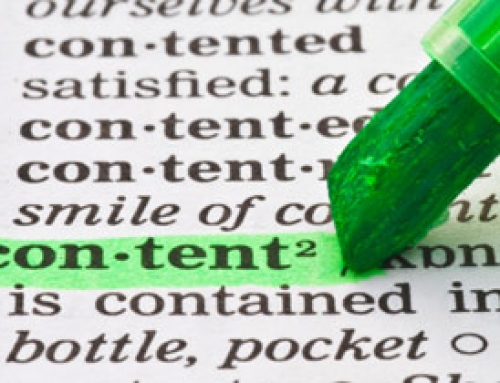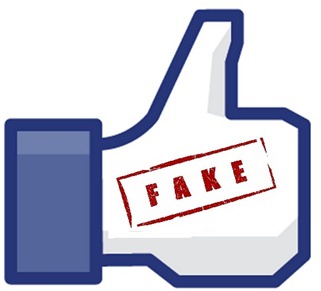 For a few years I’ve steered clients away from spending too much money on Facebook ads; especially education clients who have a price point that is far too high for the casual nature of social media. Those who still demand to advertise, however, I do my best to coach low expectations: yes, your ads will get clicked, and yes you will get more likes to a Facebook page, but you won’t get any conversions. It just doesn’t happen in any significant way anymore. If you’re giving something away for free as a promotion, then you’ll get even more clicks and more likes… but you won’t get sales conversions.
For a few years I’ve steered clients away from spending too much money on Facebook ads; especially education clients who have a price point that is far too high for the casual nature of social media. Those who still demand to advertise, however, I do my best to coach low expectations: yes, your ads will get clicked, and yes you will get more likes to a Facebook page, but you won’t get any conversions. It just doesn’t happen in any significant way anymore. If you’re giving something away for free as a promotion, then you’ll get even more clicks and more likes… but you won’t get sales conversions.
In the last year or so, however, it’s gotten even worse, with literally millions of “fake Facebook likes” that come from click farms around the world (even if you’re targeting specific U.S. cities). There are Facebook pages with tens of thousands of likes, but only 10-20% of them are real people. The result is terrible engagement, which is bad for your page and your brand.
Facebook is like Las Vegas
Honestly, that’s the best comparison I can make. When someone logs into Facebook it’s like walking onto the casino floor at Circus Circus in Las Vegas. Bells ringing and lights flashing, barely-dressed women, and people everywhere telling you which game to play. People are far, far too distracted when roaming the aisles of Facebook.
When in Vegas everyone wants free drinks. They don’t want to have to pay, they want to win and hear the “ding, ding, ding” of the slot machine. That’s the mentality, and it’s why Facebook ads rarely convert to significant sales. That’s always been the case. What’s made it even worse are the like farms.
Facebook ads to external web pages create fake likes instantaneously
This one is interesting. I’ve run a handful of tests and it happens every time. Run an ad on facebook that is designed for a website click. Make it click through to a specific page on your website that has a like button on it. When you submit the ad for review, it will instantly get anywhere between 50-200 likes on that destination page… all without a single visit to the actual page. These likes even happen before the ad is approved by Facebook.
I’ve seen this happen over a dozen times (when promoting posts for a social / culture website). Create the ad that clicks to the page, submit, and then wait about a minute and refresh.
Now… there is an argument to be had that this is a shady way to “seed” likes to a post or article that you write, but it’s also very unfortunate in that it can give a very, very false impression that these ads are actually bringing traffic to your website when that is not at all the case. The only thing I can think of is there is a queue somewhere where unapproved ads sit, and that has been hacked by these like spammers, so when new ads rotate through, the pages gets this mad rush of likes, which immediately stops after the ad has been approved. It’s that or Facebook is doing this intentionally, which I do not think is the case, because that would be, well, down right terrible business.
Facebook has too many users, which results in low like value and not being able to weed out spam accounts
What gave Facebook so much (alleged) value when it went public was the number of users. That’s it. They knew this, so as a company they have done everything they can to boost up that number. That created a number of big problems for advertisers. For all the real users, it makes them even more difficult to reach because there is simply too much activity: Las Vegas. It also decreases the value of a like. The more users Facebook has, the less value and weight a like to a page becomes.
The other problem is there are literally millions of fake accounts that are created by “like farms” who are paid a dollar for every 1000 likes they generate. The pure volume and overall activity of Facebook makes it near impossible for them to delete all those accounts.
What do we do about it? Not advertise. That’s all you can do. Or create an ad, get the fake likes to your page, then don’t actually run the ads so you don’t spend money (but don’t do that for your Facebook page itself, otherwise it will decrease your engagement rating).
In Facebook world, a like of an ad is a charged click. Millions of dollars have been wasted by advertisers on fake likes. That we don’t get back. Zuckerberg claims to be a brilliant man, one hopes he and his team of programmers find a way to stop this trend and bring some confidence back to advertisers.

